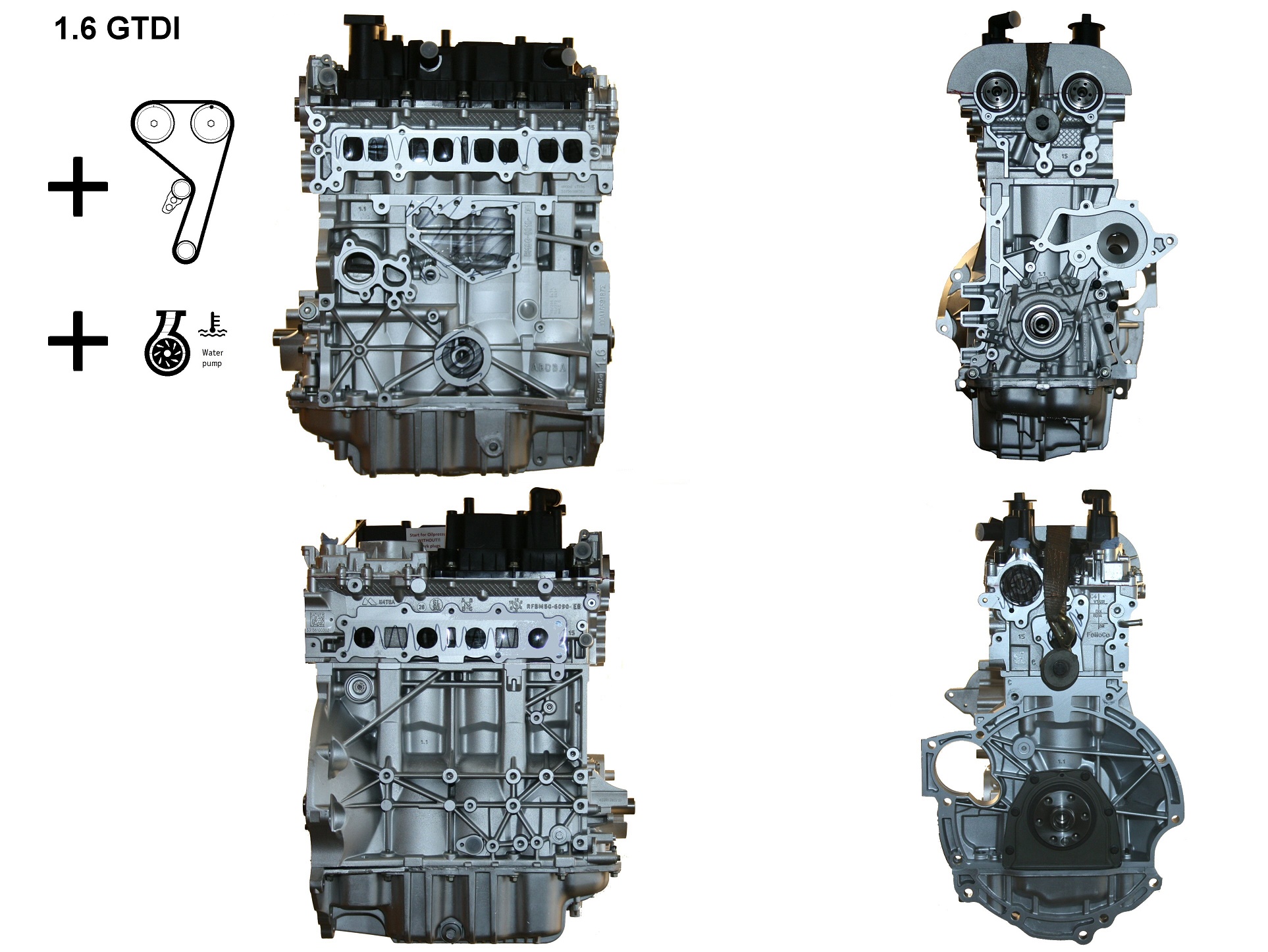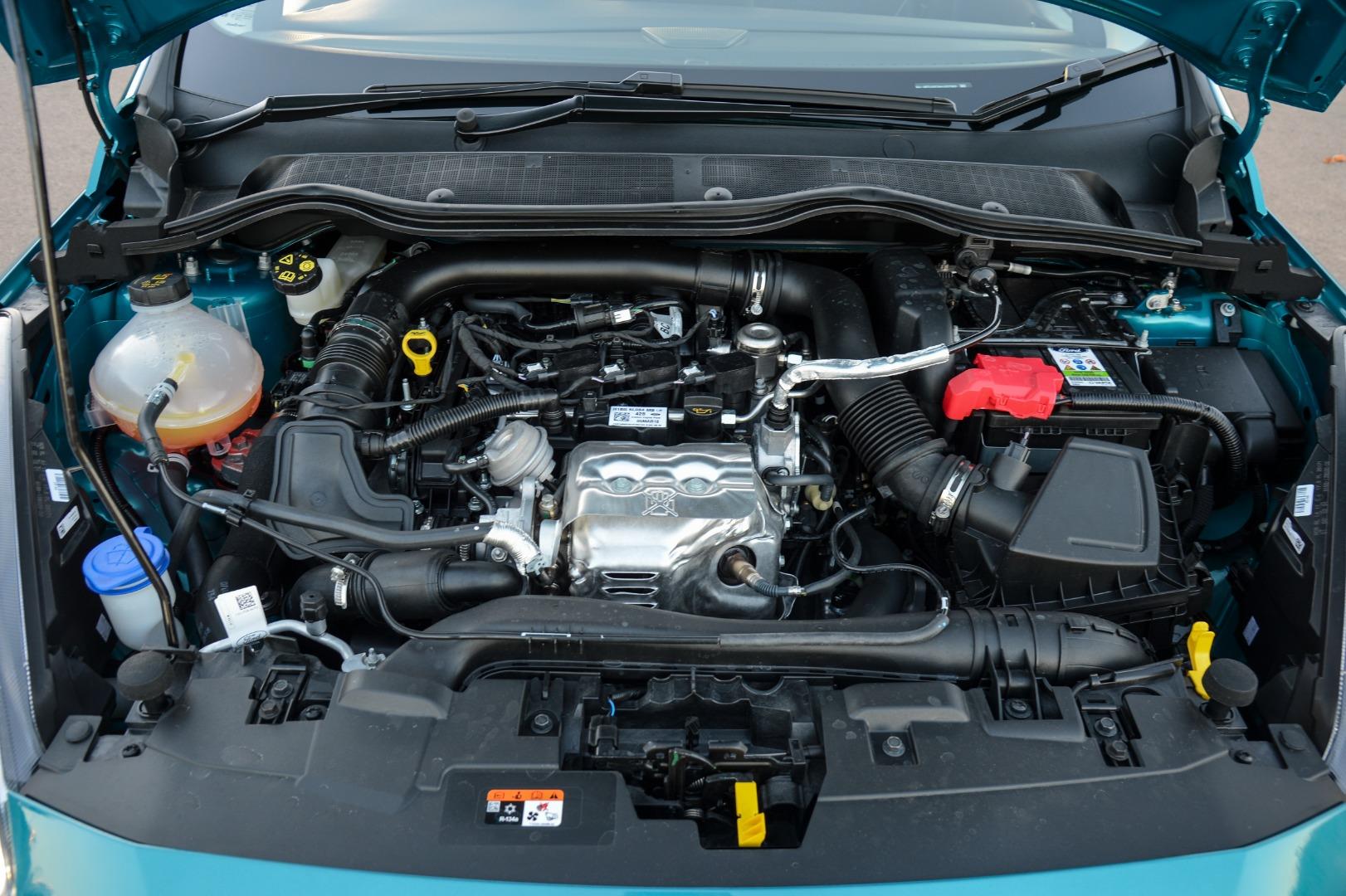Why Choosing the Right Ford Fiesta Engine Parts Matters for Longevity
Why Choosing the Right Ford Fiesta Engine Parts Matters for Longevity
Blog Article
The Future of Engines: Technologies Driving Lasting Power Solutions
As the automobile market navigates the essential change in the direction of sustainability, the future of engines is increasingly specified by groundbreaking technologies. Electric engine advancements, alongside promising advancements in hydrogen fuel cells and biofuels, are reshaping the landscape of power services.
Electric Engine Advancement
The advancement of electrical engine growths indicates a pivotal change in the automotive and aerospace markets, driven by the urgent requirement for sustainable choices to nonrenewable fuel sources. This shift is defined by considerable advancements in battery technology, power electronics, and electric motor layout, which collectively improve the performance and efficiency of electric engines.
Recent developments have resulted in the creation of lighter, more energy-dense batteries, such as lithium-silicon and solid-state batteries, which assure longer varieties and shorter charging times. In addition, renovations in electrical motor effectiveness, such as making use of long-term magnets and progressed cooling down systems, make it possible for electrical engines to operate efficiently under varying problems. These improvements not only improve vehicle efficiency yet additionally add to a reduction in total power usage.
Moreover, the assimilation of advanced software application formulas has actually enhanced energy monitoring in electric vehicles, enabling regenerative stopping and anticipating charging strategies. As producers progressively accept electric propulsion, the automobile and aerospace industries are seeing a paradigm change in the direction of greener modern technologies. This advancement not just satisfies regulative demands however also straightens with consumer preferences for eco pleasant transportation options, strengthening electrical engines as a foundation of future sustainable flexibility.
Innovations in Biofuels
As the aerospace and automotive markets progressively focus on sustainable energy resources, innovations in biofuels emerge as a corresponding solution to electric engines. Biofuels, obtained from natural products such as crops, waste, and algae, present an ingenious method for reducing greenhouse gas discharges and dependence on fossil fuels.
Current study has focused on boosting the efficiency and sustainability of biofuel manufacturing. Second-generation biofuels utilize non-food feedstocks, lessening competition with food supply and decreasing ecological impact. Improvements in artificial biology have actually enabled the engineering of microbes to generate biofuels more successfully, leading to greater returns and reduced manufacturing prices.
In addition, the growth of drop-in biofuels allows for seamless integration into existing infrastructure, allowing a smoother shift for markets commonly based on nonrenewable fuel sources. ford fiesta engine. These gas can be utilized in present engines without modifications, facilitating their adoption across various sectors
Investments in biofuel technology, along with encouraging plans, are vital to drive development and scalability. As the global area looks for to fight environment adjustment, biofuels provide a pragmatic, prompt option that lines up with the overarching goal of sustainability in transport and air travel.
Hydrogen Fuel Cell Technology
An expanding variety of companies and researchers are discovering hydrogen gas cell modern technology as a viable option to conventional source of power in transport and energy systems. This modern technology converts chemical energy from hydrogen right into electrical power via an electrochemical reaction, with water as the only by-product, making it an eco pleasant option.
The core of hydrogen gas cells is the gas cell stack, where hydrogen particles are divided into electrons and protons. The circulation of electrons produces electrical power, while protons relocate with a membrane layer to integrate with oxygen from the air, developing water. This process leads to high performance and reduced emissions, positioning hydrogen fuel cells as a vital player in the shift to lasting energy.
Significant innovations have been made in improving the resilience and effectiveness of gas cells, along with lowering costs via ingenious manufacturing strategies. The advancement of hydrogen manufacturing techniques, such as electrolysis powered by eco-friendly power sources, improves the sustainability of the general system. As facilities for hydrogen refueling expands and manufacturing methods become more efficient, hydrogen fuel cell technology holds great guarantee for decarbonizing numerous industries, consisting of heavy-duty transportation and fixed power generation.
Hybrid Solutions and Their Impact
Crossbreed systems represent a considerable advancement in sustainable engine innovation, merging conventional internal combustion engines with electrical propulsion to enhance power performance and minimize discharges (ford fiesta engine). This twin approach permits cars to use both source of power, making it possible for better adaptability in energy consumption and decreasing dependence on nonrenewable fuel sources

In addition to environmental benefits, hybrid systems use customers a viable transition in the direction of totally electrical automobiles. They visit relieve range anxiety by combining the convenience of gas with the benefits of electric propulsion, making them an eye-catching choice for a broader audience.
The Role of AI in Engine Style
Leveraging advanced formulas and artificial intelligence methods, the vehicle industry is increasingly integrating artificial knowledge (AI) right into engine style procedures. AI enhances the effectiveness and performance of layout by examining vast datasets to recognize ideal arrangements and performance specifications. This capability permits engineers to replicate numerous operating conditions and forecast engine actions under multiple situations, considerably check out here lowering the time and expense associated with typical prototyping methods.
Additionally, AI helps with the development of advanced materials and burning procedures customized for sustainability. By enhancing gas performance and minimizing emissions, AI-driven styles line up with worldwide efforts targeted at minimizing the carbon footprint of vehicle engines. Machine knowing formulas can additionally anticipate upkeep requirements, leading to boosted integrity and durability of engine parts.
Moreover, AI contributes in the integration of electrification technologies, such as crossbreed systems, where it can enhance battery management and energy recuperation processes. As the sector moves in the direction of even more lasting power services, the function of AI in engine design comes to be progressively important, driving development and improving the performance of future engines. Inevitably, the partnership between AI and engine design advertises a brand-new age of smarter, cleaner, and more effective vehicle innovations.

Final Thought
In conclusion, the future of engines is being formed by a convergence of innovative modern technologies that focus on sustainability. Electric engine innovations, biofuel advancements, hydrogen gas cells, and hybrid systems collectively add to a considerable reduction in discharges and ecological effect.
Electric engine developments, along with encouraging growths in hydrogen fuel cells and biofuels, are reshaping the landscape of power options. Furthermore, improvements in electric motor performance, such as the usage of long-term magnets and progressed cooling down systems, enable electrical engines to run efficiently under varying problems. By maximizing gas performance and minimizing discharges, AI-driven layouts line up Visit Your URL with international campaigns intended at minimizing the carbon footprint of vehicle engines. As the industry relocates in the direction of even more sustainable power solutions, the function of AI in engine style becomes progressively crucial, driving innovation and improving the efficiency of future engines. Electric engine developments, biofuel developments, hydrogen fuel cells, and hybrid systems jointly add to a significant decrease in discharges and environmental impact.
Report this page